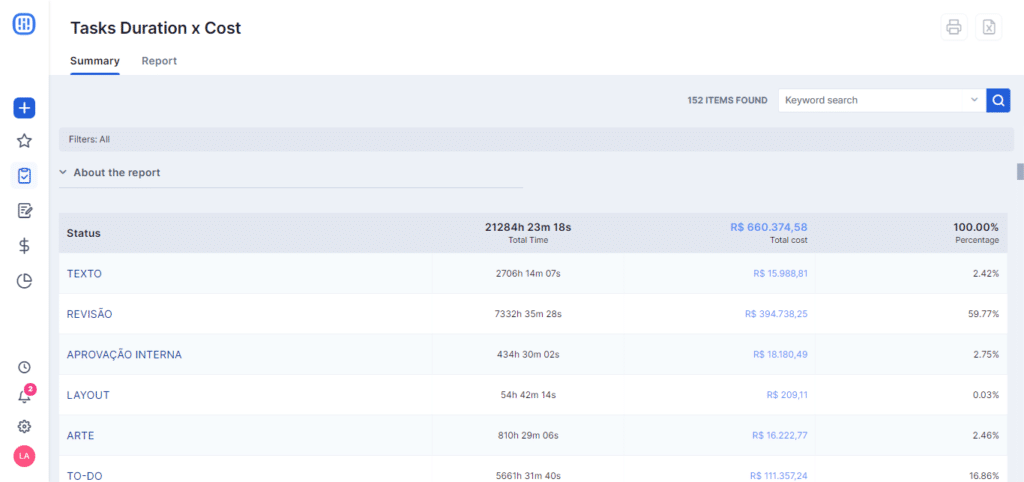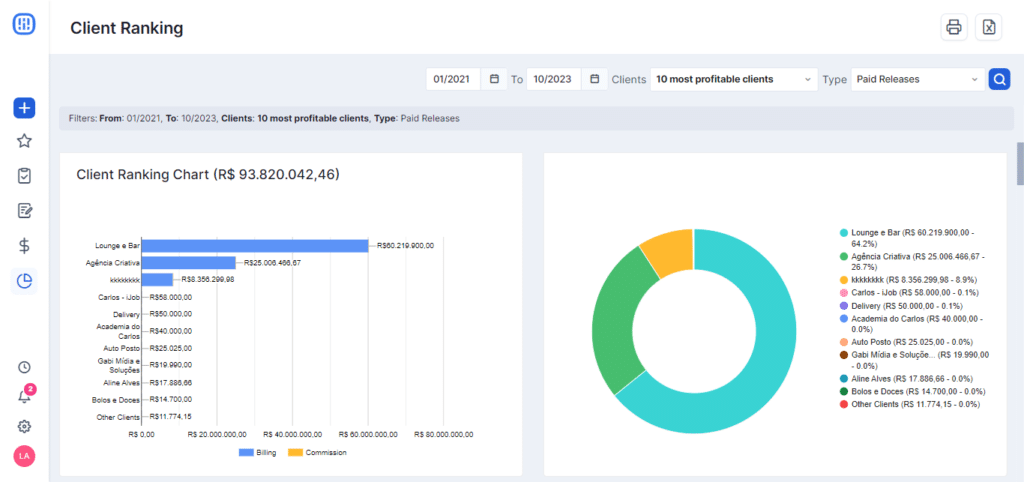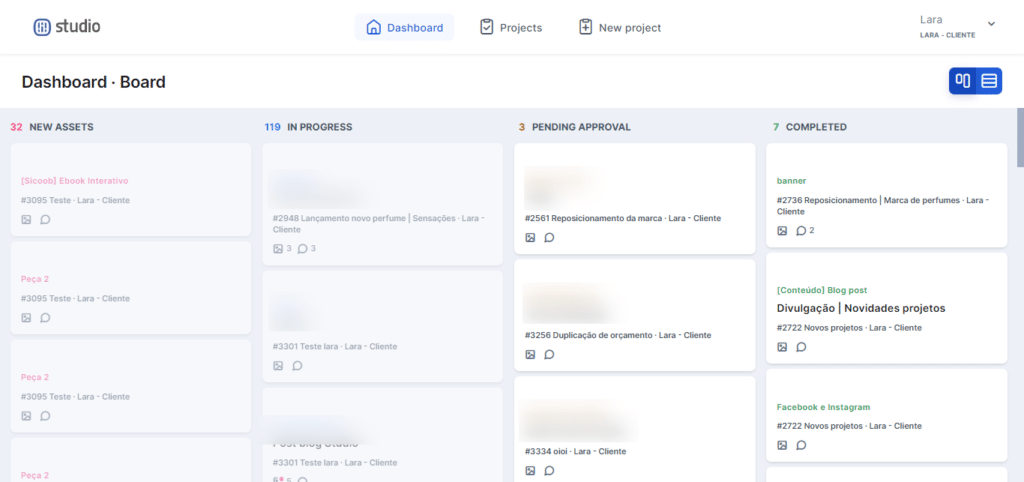I’ll be honest—I’ve never been the biggest fan of numbers.
When I first entered college, I chose communications, partly because I believed it would be a perfect fit for someone who wasn’t particularly fond of calculations—a typical misconception for a young university student.
However, as I continued my studies and delved deeper into this field, I gradually came to recognize that numbers are invaluable allies in any planning process. After all, how can one assess if they’re on the right track without the ability to measure outcomes?

Well, understanding the importance of numbers and data is one thing. Feeling at ease working with them is quite another.
During my nearly eight-year tenure within communications agencies and consultancies, I’ve come to realize that I’m not alone on this journey. According to a Qlik survey, only 24% of decision-makers feel confident in their data utilization skills.
But here’s the thing—it doesn’t have to remain this way.
In this article, I want to share a bit about how I overcame my limitations with numbers and became a fully data-driven professional, and how I applied this in agency management.
I’ll also show you how you can do the same and, if you want, how to get extra help with exclusive management software for agencies.
Shall we begin?
Why and how to use data in managing my agency?
Among the most common mistakes observed in marketing agencies and departments, two prominent issues emerge: the challenge of accurately determining prices for the services provided and the struggles associated with distributing operational expenses, ultimately impacting the stability of financial forecasts.
Furthermore, difficulties in measuring specific data and the lack of information sharing among teams contribute to these complex scenarios.
In the midst of this vast sea of information, establishing metrics and, consequently, employing them for decision-making is not such a simple task.

With numerous concurrent demands, multiple collaborators engaged in a single project, and often tight deadlines, streamlining workflows and rendering data manageable offer a pathway to make more precise decisions. This investment of time and resources can lead to process optimization and foster agency growth.
The numbers themselves speak volumes: according to the Insights-Driven Businesses Set the Pace for Global Growth report, companies that embrace a data-driven approach achieve an annual growth rate of over 30%.
So, how can you overcome the common challenges prevalent in most agencies and efficiently manage data for more confident decision-making? This is where implementing software can be highly beneficial.
The adoption of a system dedicated to agency management can contribute to:
- Automating processes.
- Enhancing decision-making.
- Financial control.
- Improved team management.
- Enhanced customer relations.
- Data storage security.
- Scalability.
I faced countless challenges while attempting to measure data effectively and establish clear goals in my professional journey.
When I first encountered Studio in 2019, my initial thought was, “How valuable it would have been to have known about this tool earlier.”
Through it, I discovered how to identify new opportunities, leaving my insecurities behind and diving headfirst into the world of data-driven analysis.

Making data-driven management even simpler
Well, Studio is essentially specialized software designed for comprehensive agency management, consolidating all aspects into a unified platform.
Through data analysis, offering more than 40 reports, it offers a unique opportunity to gain clear insights into situations that we would traditionally deem nearly impossible to quantify.
Let me illustrate with a few examples:
Measurement of time invested in each task
The time spent on a project isn’t always easy to measure accurately, which adds complexity to planning and may result in underpricing.
That’s why one of Studio’s standout features, in my opinion, is the timesheet. It precisely calculates how much time each employee allocates to various project stages.

Who hasn’t assumed that creating a design piece would be a breeze, only to find out it was more intricate than expected, with numerous client adjustment requests?
Moreover, revisions can be tracked within the Studio system, enabling agreements between the agency and the client, such as setting limits on the number of revisions or implementing charges.
This way, you can optimize your team’s workflow and further streamline your processes through reports like activity duration and monthly revision counts.
Cost calculation in a project, considering the hourly rate of the employees involved
Another common challenge within agencies is determining the team involved when assigning tasks.
Usually, we consider seniority and the workload. However, to what degree can the cost of each professional impact project pricing?
For instance, allocating specific tasks to junior employees can result in cost savings, allowing senior employees to take on more strategic roles in other projects.
By strategically distributing tasks among employees, it becomes easier to increase both the quantity and quality, and all of this can be measured through reports within Studio, such as Activity Duration X Cost.

Analysis of which clients and projects demand the most time from the team
People in customer service know that there is always a customer who needs a little extra attention. That one who asks for more changes, takes longer to give approval, and sometimes extends the project’s timeline beyond the initial plan.
That’s why one of my favorite reports is the Customer Ranking, which allows me to evaluate the clients which my team spends the most time on, and whether these clients have truly been profitable.

Direct communication with the customer within the platform itself
Given that time optimization is a critical aspect of embracing data-driven agency management, fostering integration between departments offers a clear advantage.
However, this approach shouldn’t be confined to internal departments; it should also extend to customer communication.
Efficiently saving hours of waiting for message responses, a quick “ok” through email, or even holding exclusive approval meetings can significantly enhance process efficiency.
The Customer Communication Module facilitates customer engagement within your team’s workflow, enabling them to directly approve or request adjustments through the platform.

Data-driven agency management is no longer a choice
In a landscape where any mistake can significantly impact your business and risks must be constantly minimized, making data-based decisions instead of relying solely on intuition is not just a choice; it’s a necessity.
Investing in software that streamlines data-driven agency management is choosing a path to growth while securing your actions.
Interested in seamlessly incorporating dependable data into your strategy? Request a free demo with one of our experts.







